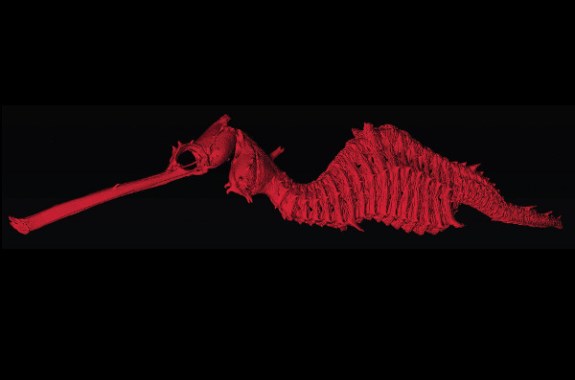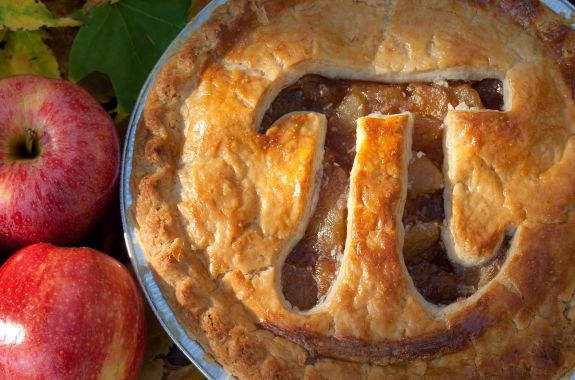On Today's Podcast
3D Images Of Galaxies Will Rock You (Ft. Queen)
Astronomer and Queen guitarist Brian May teams up with astrophysicist Derek Ward-Thompson to bring the cosmos to 3D.
Listen NowFebruary 27, 2026
A new simulation shows large amounts of hydrogen in our planet’s core. Scientists report on what they found in 290-million-year-old vomit. Plus, a comedic play and a 20-year neurology study explore what we can do to prevent dementia and cognitive decline. And, a federal law aims to close the legal loophole that lets stores sell THC products from hemp.
2:32
Sweeping the Skies, More Than 200 Years Ago
Astronomer Caroline Herschel was born 265 years ago this week, on March 16, 1750. She was the first woman to receive a salary for astronomical research.
12:18
Scientists Dip Into the Water on Jupiter’s Largest Moon
Scientists estimate that a subsurface ocean on Jupiter’s largest moon—Ganymede—could be 60 miles thick.
17:24
What Will It Take to Land a Person on Mars?
What technological hurdles must be cleared for a successful manned mission to Mars?
22:10
Writing Women Back Into Science History
This Women’s History Month, Science Friday celebrates some of the unsung heroines of science.
Here There Be Seadragons
Researchers discovered a new type of seadragon, bringing the total number of known species to a whopping three.
Overheard at SXSW 2015
Science Friday web producer Chau Tu is in Austin, Texas for SXSW Interactive + Film.
Kitchen Math: How To Eat π Pies
Methodically slice up four pies to reach the irrational number pi.
11:52
As Ebola Infection Rates Decline, Will Vaccine Search Continue?
Will momentum for developing an Ebola vaccine and treatment stay on track as infection rates decrease?
10:01
Puzzling Polio-like Paralysis Baffles Doctors
Doctors are trying to piece together a puzzling polio-like paralysis that might be associated with a respiratory illness.
7:11
When a Seven-Foot-Long Arthropod Swam the Seas
Fossils found in Morocco might help explain how modern-day insects, crustaceans, and other arthropods got their shapes.
15:36
‘ResearchKit’ Taps iPhone Users for Clinical Trials
Apps on the new platform allow iPhone users to enroll in clinical trials on heart health, Parkinson’s, or asthma. But critics say the smartphone-driven studies have flaws.
22:48
Rise of the Bot Author
Algorithms already write financial and sports news articles. Could they break into fiction?
14:52
SciFri Celebrates π
This year holds an unusually special treat for enthusiasts of the constant π: March 14, 2015 approximates π not just to the usual three digits (3.14) but to five: 3.14.15.
6:45
Food Failures: Crafting Pie Crust
The science behind baking the perfect pie crust.
0:35
How An 11-Year-Old Named A (Dwarf) Planet
Venetia Burney, age 11, came up with the name “Pluto” for a newly-discovered planet 85 years ago this week.
The Art of Scent in Los Angeles
A nonprofit in Los Angeles opens the door on the secretive world of perfuming.


